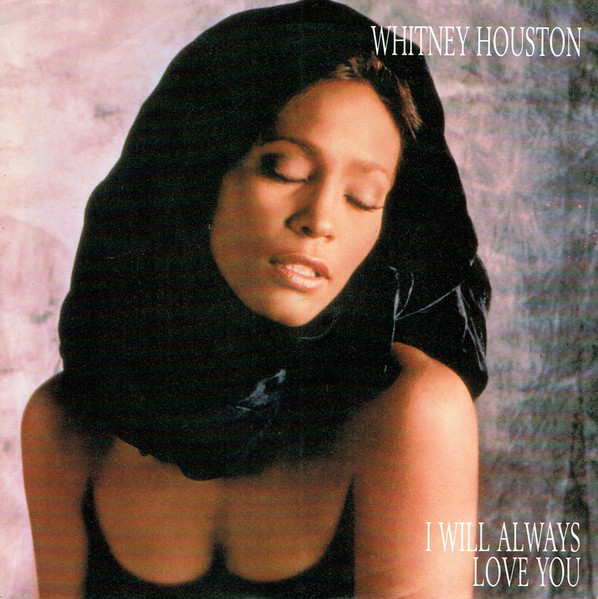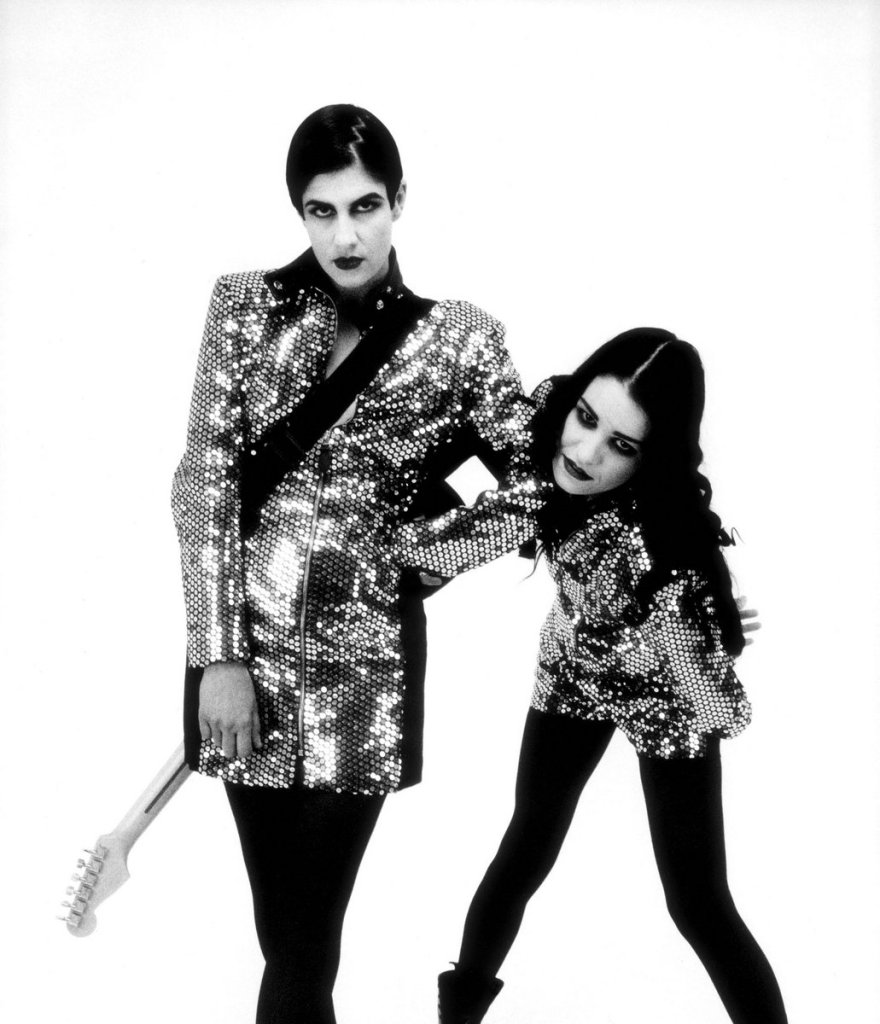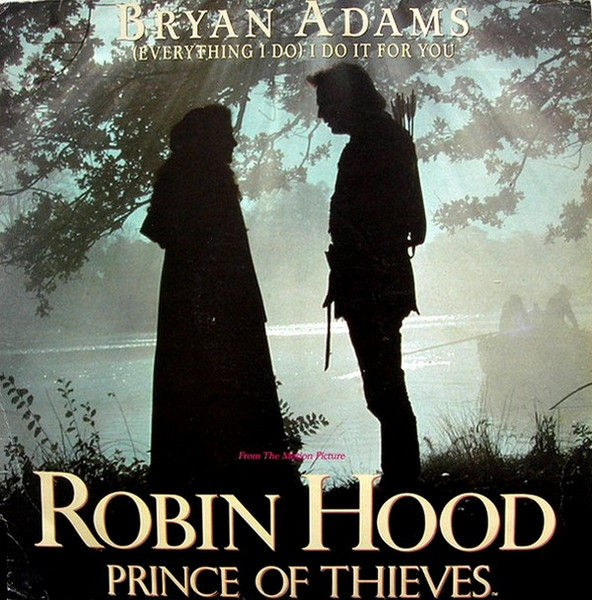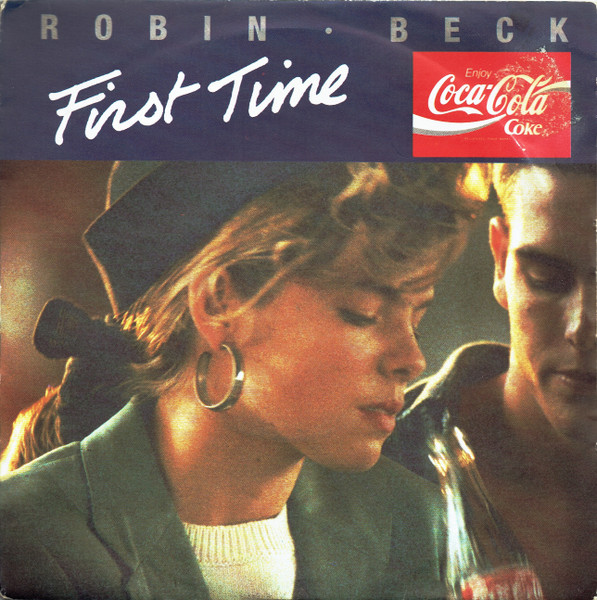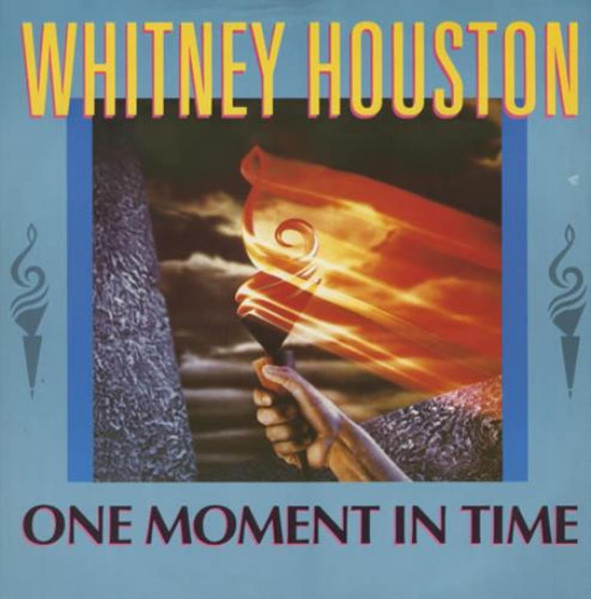We’ve had Whitney, we’ve had Mariah… Now we welcome onstage the 3rd member of the Three Tenoritas…
Think Twice, by Celine Dion (her 1st of two #1s)
7 weeks, from 29th January – 19th March 1995
It’s yet another colossal power ballad, of the style so beloved by the decade’s large-lunged divas. I was hard on ‘I Will Always Love You’, and down on ‘Without You’, and you probably think you know where this post is going. But, you’d be wrong. For this one goes straight to the top of the pile marked ‘Guilty Pleasures’.
What’s the difference between ‘Think Twice’ and those aforementioned crimes against eardrums? To be honest, I’m not sure. The first minute of this song is average, dull even. There are moody synths, as Celine Dion sings about her man starting to pull away. There are pan-pipes too, for God’s sake. It doesn’t sound promising. But at the start of the second verse, when the drums and guitars kick in, and Celine starts fighting for her man, the song transforms into a different beast.
My complaint about recent power ballads is that the sense of fun has drained out of them. They’ve become earnest and stodgy, not to mention that they’ve been clogging up the number one spot for months on end. But ‘Think Twice’ has a sense of OTT silliness that the best ‘80s power ballads – the likes of ‘Total Eclipse…’ and ‘Take My Breath Away’ – had. Then there’s the fact that it features an actual guitar solo! Not to mention the rhyming of ‘serious’ with ‘you or us’. And finally, there’s the way that Celine goes completely unhinged for the final chorus.
It’s impossible not join in with her ad-libs, the ba-ay-ay-bays and the NOnononoNOs, as this record hurtles to its gigantic conclusion. It’s all helped by the steamy video, in which Celine mopes around while a hunk in dungarees carves massive blocks of ice into sexy shapes. He storms off angrily, and Celine proceeds to caress and grind against his giant sculptures until he returns. It’s a cross between soft-porn and a tacky karaoke video, and it adds a further layer of flamboyance to what is already a piece of high camp.
This slow-burner of a power ballad had a suitably slow-burning journey towards becoming one of the biggest selling hits of the decade. Recorded in 1993, it was released as a single in September 1994, before finally making #1 five months later. Its fifteen-week climb to the top was a record and, in an interesting sign of the times, it was the first #1 not to be made available in vinyl.
Celine Dion had been a star in Quebec since the early ‘80s, but it wasn’t until 1990 that she started recording primarily in English. ‘Think Twice’ was just her 3rd Top 10 hit in the UK, but it set her up for many more. And although I like this much more than many of Houston or Carey’s monster ballads; I don’t have the same love for the rest of Dion’s career. She’s never really moved far beyond glossy ballads, and none of them came close to this classic. In fact, I suspect part of the reason that this record sounds so good is that it makes a refreshing change from hearing her signature song, her second number one… You know, the one involving an iceberg. And I won’t be anywhere near as nice about that dirge…





